Optimal Timing for Siding Services
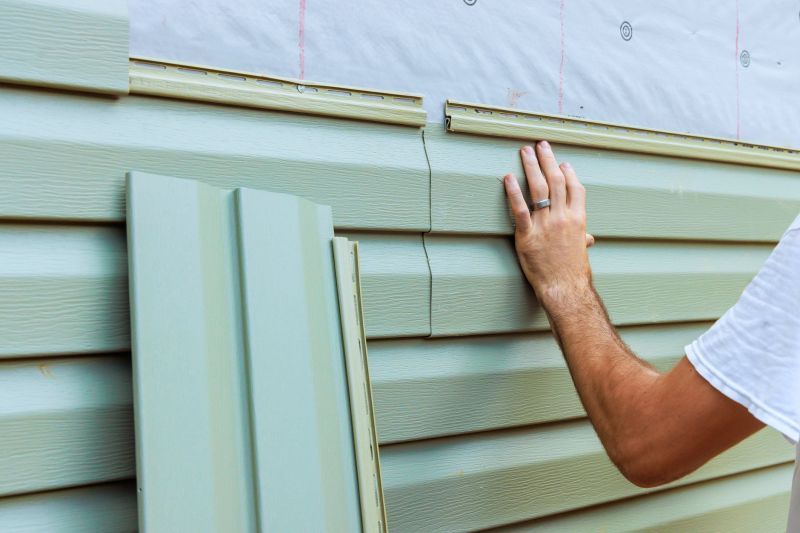
Spring offers moderate temperatures ideal for siding projects, reducing the risk of weather-related delays.
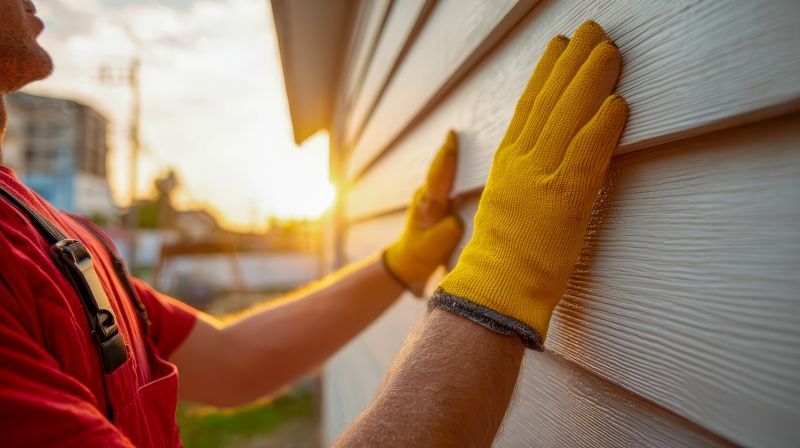
Summer is suitable for siding repairs and maintenance, especially during dry, warm weather.
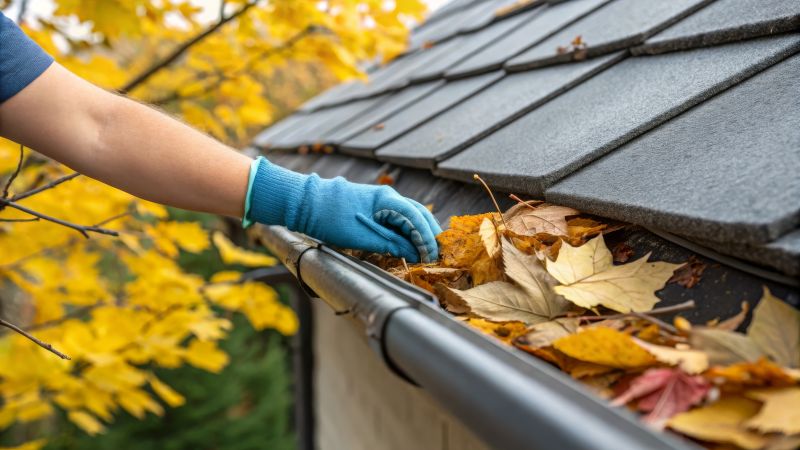
Fall allows for preparation before winter, ensuring siding is in good condition for cold months.
Siding service involves installing, repairing, or replacing the exterior covering of a building. Proper siding enhances curb appeal, provides insulation, and protects against weather elements. The timing of siding work can influence the quality and longevity of the installation. Generally, the best periods are during mild weather conditions when temperature fluctuations are minimal, and there is little chance of rain or snow.
Late spring and early fall are often considered ideal for siding projects due to stable weather conditions.
Extreme temperatures, high humidity, and precipitation can impact siding installation quality and schedule.
Timing siding projects during favorable weather helps ensure durability and reduces the risk of future repairs.
Planning during shoulder seasons can provide more scheduling options and potentially lower costs.
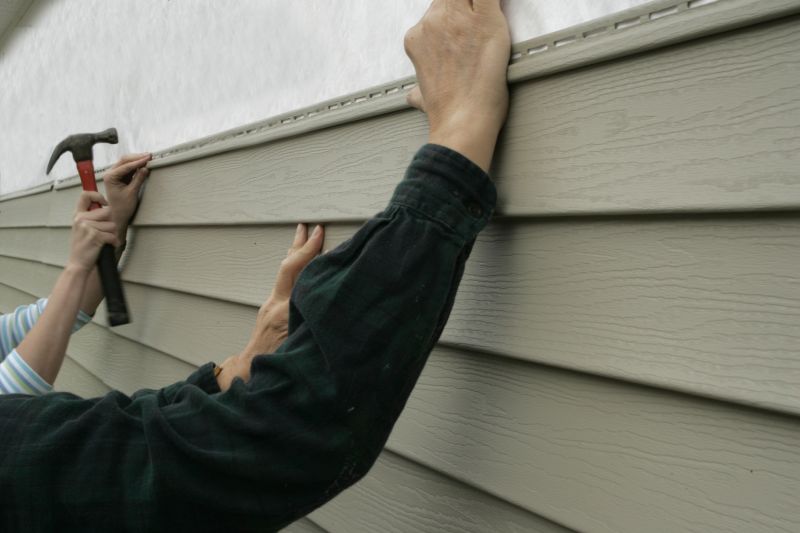
Optimal for moderate weather and better material handling.
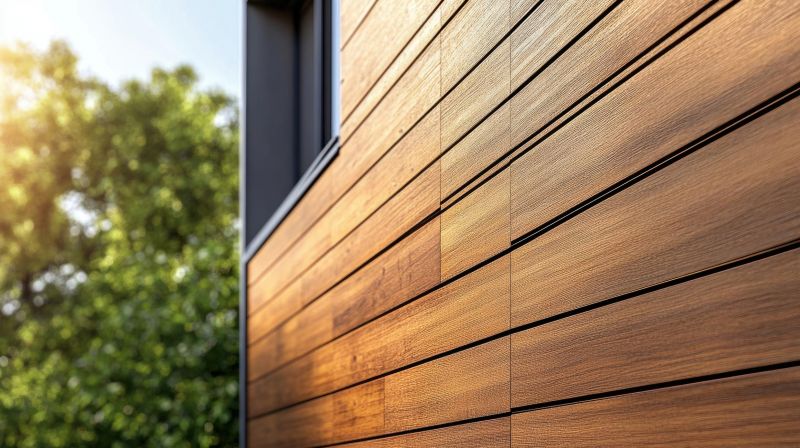
Ideal for dry conditions and quick turnaround.
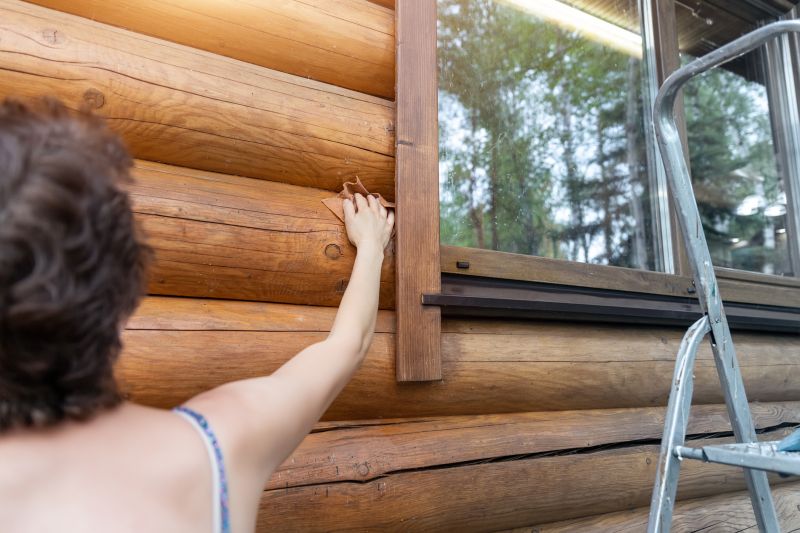
Prepares for winter and prevents damage from cold weather.
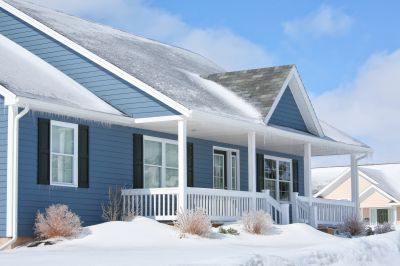
Limited options; best for urgent repairs or inspections.
| Season | Best Practices |
|---|---|
| Spring | Ideal for new installations; moderate temperatures reduce material issues. |
| Summer | Suitable for repairs; avoid peak heat hours. |
| Fall | Prepares property for winter; good weather window. |
| Winter | Limited; best for inspections or emergency repairs. |
Choosing the right time for siding service can impact the durability and appearance of the exterior. Proper planning ensures that siding materials are installed or repaired under optimal conditions, reducing the risk of issues such as warping, cracking, or moisture intrusion. Seasonal considerations are especially important in regions like Elk Grove Village, IL, where weather patterns vary significantly throughout the year.
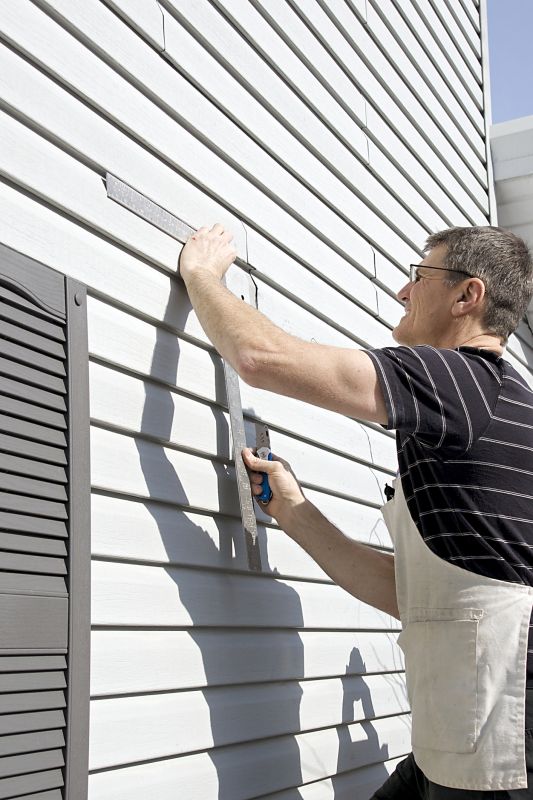
Spring's mild weather supports quality installation.
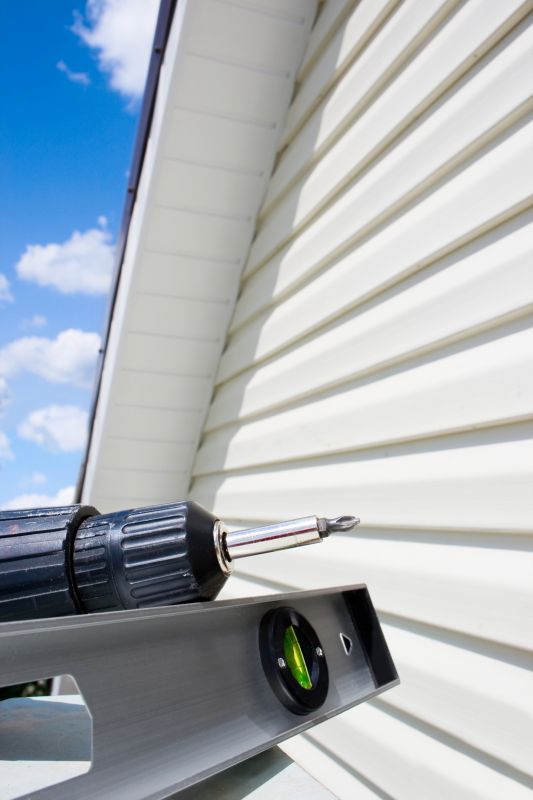
Summer allows for repairs and touch-ups.
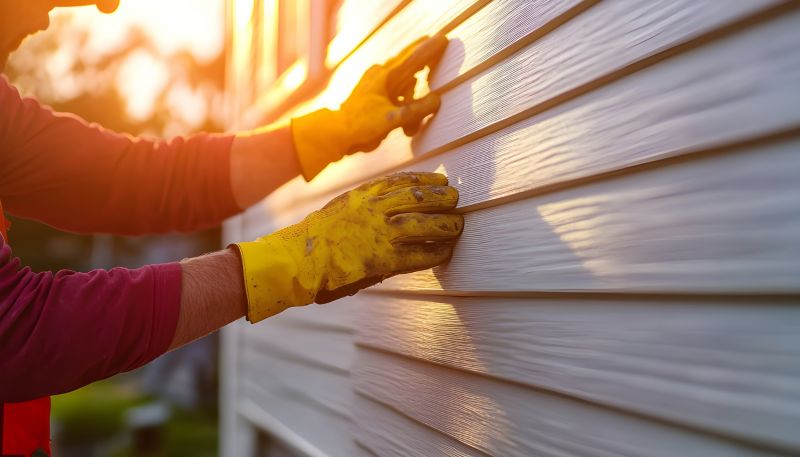
Fall is suitable for pre-winter siding work.
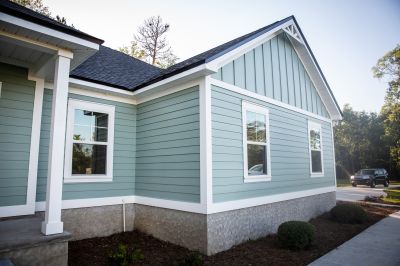
Supports optimal material application and curing.
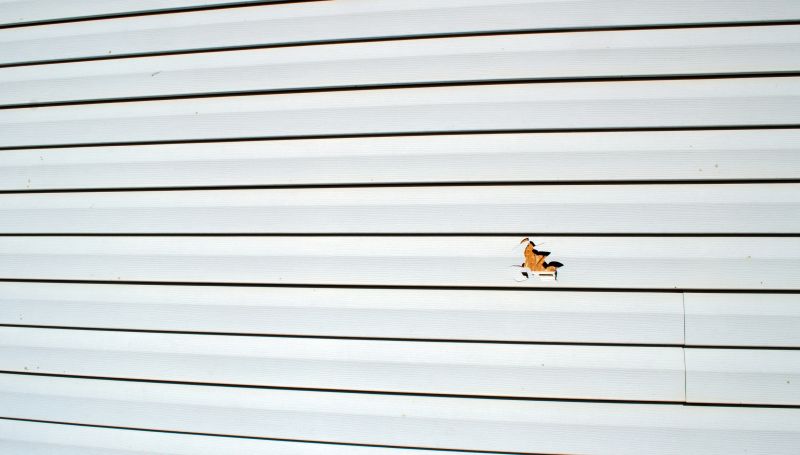
Allows for quick, dry-weather repairs.
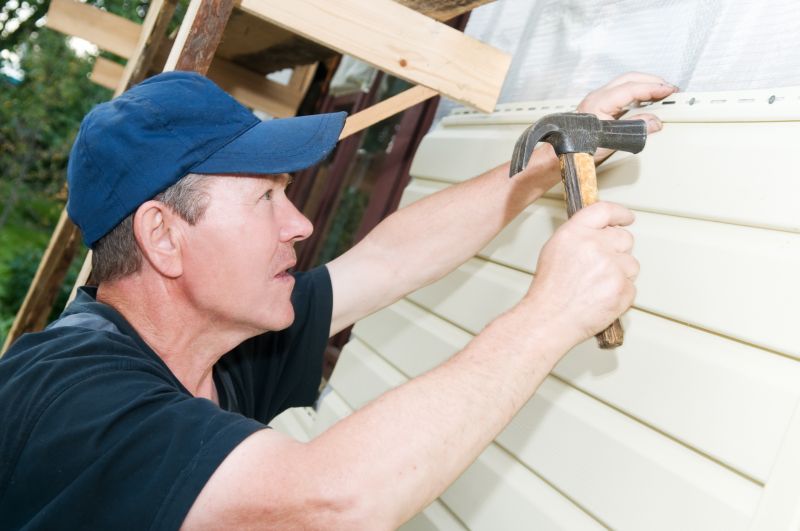
Prevents winter damage with timely work.
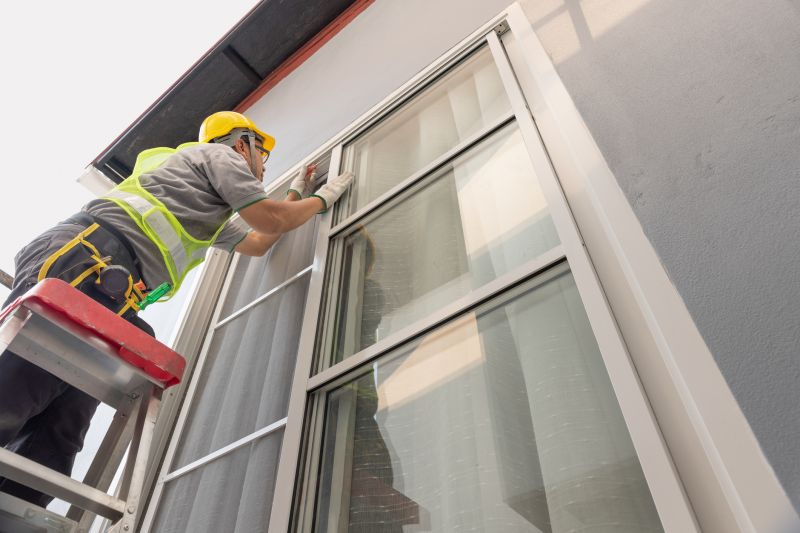
Limited, mainly inspections or emergency fixes.
Interested property owners can contact professionals to discuss the best timing based on specific needs and local weather conditions. Properly scheduled siding services help maintain the exterior's appearance and structural integrity, contributing to long-term property value and protection.

